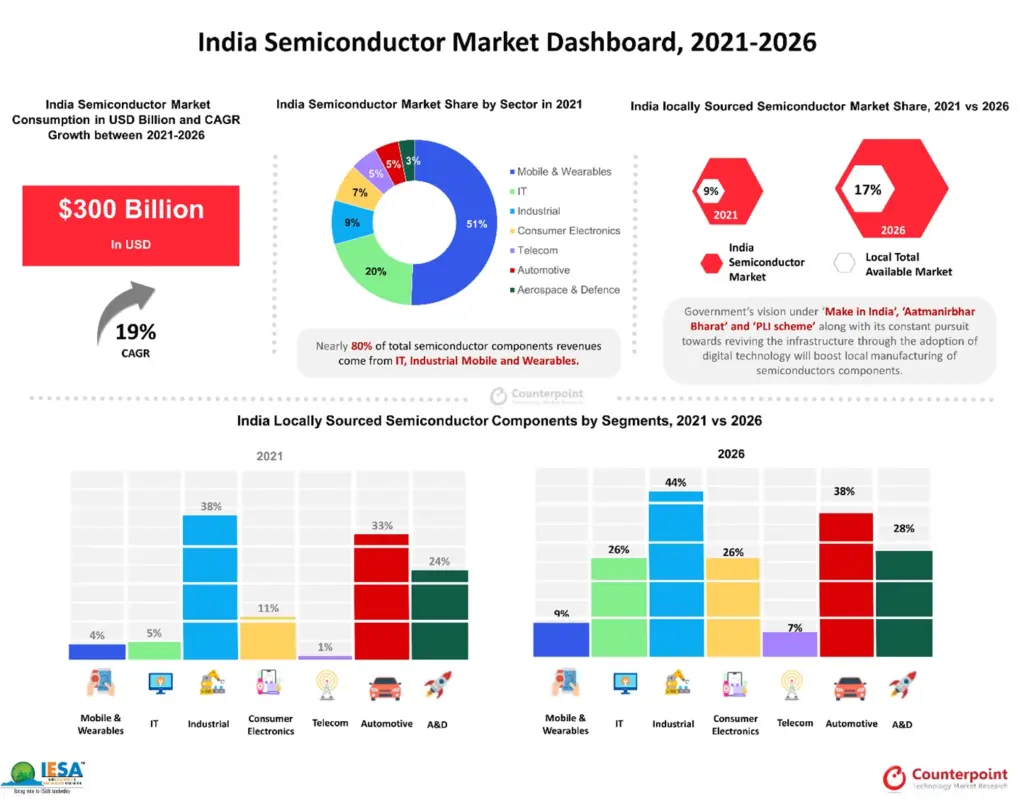Significant changes have been made to the approval process for the Ministry of Electronics and IT (MeITY)’s production-linked incentive (PLI) scheme for semiconductor and display manufacturers. According to a recent government notification, the Cabinet will now have full authority over granting approvals, a task previously divided between the Union Minister for Electronics and IT and the MeITY Secretary.

The prior arrangement saw applications valued up to ₹100 crore ($12 million) approved by the MeITY Secretary, while those exceeding this threshold required the Union Minister’s review. However, the latest directive eliminates this structure, assigning approval authority solely to the Union Cabinet.
The PLI scheme, known as the ‘Modified Programme for Semiconductors and Display Fab Ecosystem’, was initially launched in December 2021 with a budget of ₹76,000 crore ($9.2 billion). In an effort to entice global investors, it underwent revisions in September 2022, resulting in a uniform incentive support of 50% of project costs across all technology nodes for setting up semiconductor fabs.
This move is especially significant for display manufacturers who fall under the revised PLI scheme. The policy aims to boost the display manufacturing sector, offering support not just for cutting-edge computing chips but also those used in the telecom, power, and automotive sectors.
The government anticipates this strategy to make the Indian semiconductor policy extremely competitive, stimulating investment across various opportunities. In line with this, India seeks to establish itself as an appealing destination for global electronics and semiconductor industries.
The PLI scheme’s uniform incentive support is expected to attract display fab companies, contributing to the broader goal of enhancing India’s domestic manufacturing capabilities and reducing reliance on imports in the electronics sector. The government expects the recent changes to attract almost ₹2 lakh crore ($31 billion) in investments over the next two years.

